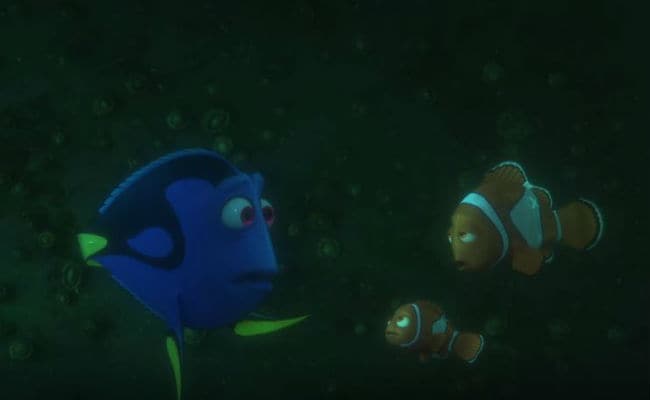


Whereas Me Before You smothered audiences with its faux romanticism and fatalistic approach toward disability, Pixar's Finding Dory is practically devoid of both the negativity and the all too common inspiration porn approach toward disability that we so often find in our movies, books, social media videos telling us how, sniffle sniffle, awesome Betty Ann Sue is for taking autistic Bobby to the prom, and those godawful memes that ask us to click "like" one million times so quadriplegic Quentin will feel some semblance of self-esteem.įinding Dory is different. I can't say that I thought about Me Before You while I was watching Pixar's triumphant follow-up to 2003's Finding Nemo, Finding Dory, a film that brings to the forefront of our attention that hilariously lovable blue tang that we last left in the background of a joy-filled reunion between the clownfish named Marlin (Albert Brooks) and his son, Nemo (played in 2003 by Alexander Gould in 2016 by Hayden Rolence).īut, as I left the movie theatre and began basking in the afterglow of the hugely entertaining and more emotionally resonant Finding Dory, I couldn't help but celebrate that Disney, perhaps more than any other major studio today, seems to realize that growing up different, whether due to disability or life experience or simply one's obstacles, can be a truly awesome and wondrous thing.


 0 kommentar(er)
0 kommentar(er)
